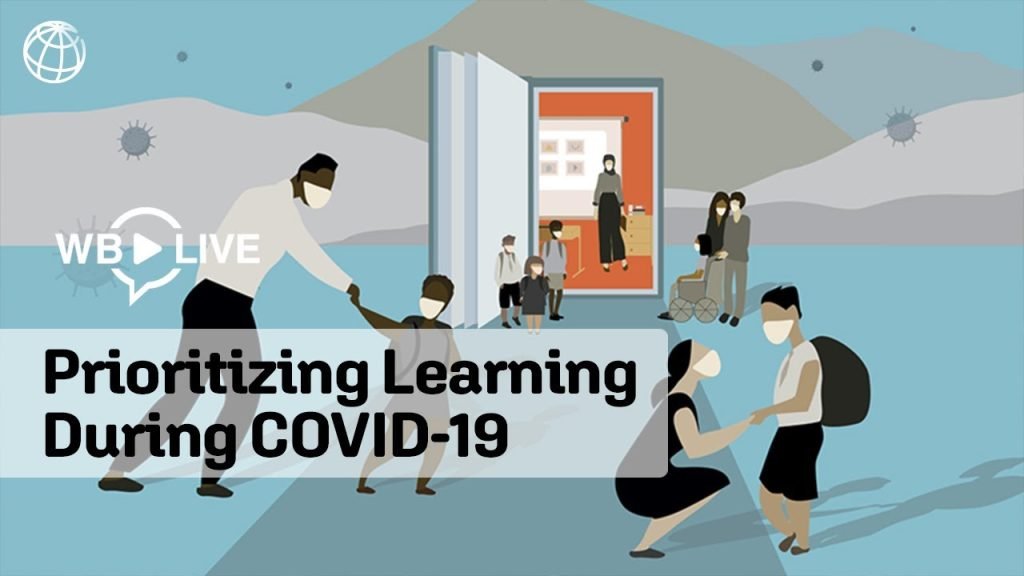
The COVID-19 pandemic has caused significant disruptions in many aspects of our lives, including education. Schools and universities worldwide have had to adjust their learning environments to online platforms to prevent the spread of the virus. While online learning has many advantages, it also presents several challenges. In this article, we will explore some of the online learning challenges that students may face during the COVID-19 pandemic and suggest ways to overcome them.
Challenges of Online Learning during COVID-19
- Lack of motivation. One of the biggest challenges of online learning is a lack of motivation. Without the structure of in-person classes and social interaction, students may struggle to find the motivation to study. The lack of direct interaction with peers and teachers can make the learning experience feel isolating and uninteresting.
- Distractions at home. Another challenge of online learning is the potential for distractions at home. Students may find it challenging to create a focused learning environment in their homes, particularly if they are sharing space with family members or roommates.
- Technical issues. Online learning is entirely dependent on technology, which can be unreliable. Technical issues such as internet connectivity problems, hardware or software failures, and platform compatibility issues can interrupt the learning process and cause frustration for students.
- Limited social interaction. Online learning can feel isolating, and students may miss the social interaction and support that comes with in-person classes. They may also find it challenging to make new friends or connect with peers in a virtual environment.
- Time management. Online learning requires a high degree of self-discipline and time management skills. Without the structure of in-person classes and regular schedules, students may struggle to manage their time effectively and complete assignments on time.

Pay Someone to Do My Homework for Me
Ways to Overcome Online Learning Challenges During COVID-19
- Establish a routine. Creating a daily routine can help students develop a sense of structure and reduce distractions. Establishing a consistent schedule for online classes, study time, and breaks can help students stay on track and maintain motivation.
- Minimize distractions. Reducing distractions is essential for effective online learning. Students should identify potential distractions and take steps to minimize them, such as turning off their phones, finding a quiet study space, and using noise-canceling headphones.
- Stay connected with peers and teachers. Maintaining connections with peers and teachers is crucial for overcoming the isolation that online learning can bring. Students should take advantage of virtual study groups, online forums, and social media to stay connected with their peers and instructors.
- Develop time management skills. Online learning requires students to take greater responsibility for their own learning and time management. Students should create a schedule that includes time for classes, study, and breaks, and they should also set realistic goals and deadlines for assignments.
- Seek technical support. Technical issues are an inevitable part of online learning, but students should not hesitate to seek technical support when they encounter problems. Students should familiarize themselves with the online platform and reach out to their instructors or technical support staff if they encounter issues.
Conclusion
Online learning during the COVID-19 pandemic presents unique challenges for students, including a lack of motivation, distractions at home, technical issues, limited social interaction, and time management difficulties. However, with the right strategies, students can overcome these challenges and succeed in their online learning environment. By establishing a routine, minimizing distractions, staying connected with peers and teachers, developing time management skills, and seeking technical support when needed, students can create a successful online learning experience.
Find online help in writing essays, research papers, term papers, reports, movie reviews, annotated bibliographies, speeches/presentations, projects, presentations, dissertation services, theses, research proposals, essay editing, proofreading, Book reviews, article reviews, formatting, personal statements, admission essays, scholarship essays, application papers, among others.


 WRITE MY ESSAY NOW!
WRITE MY ESSAY NOW!